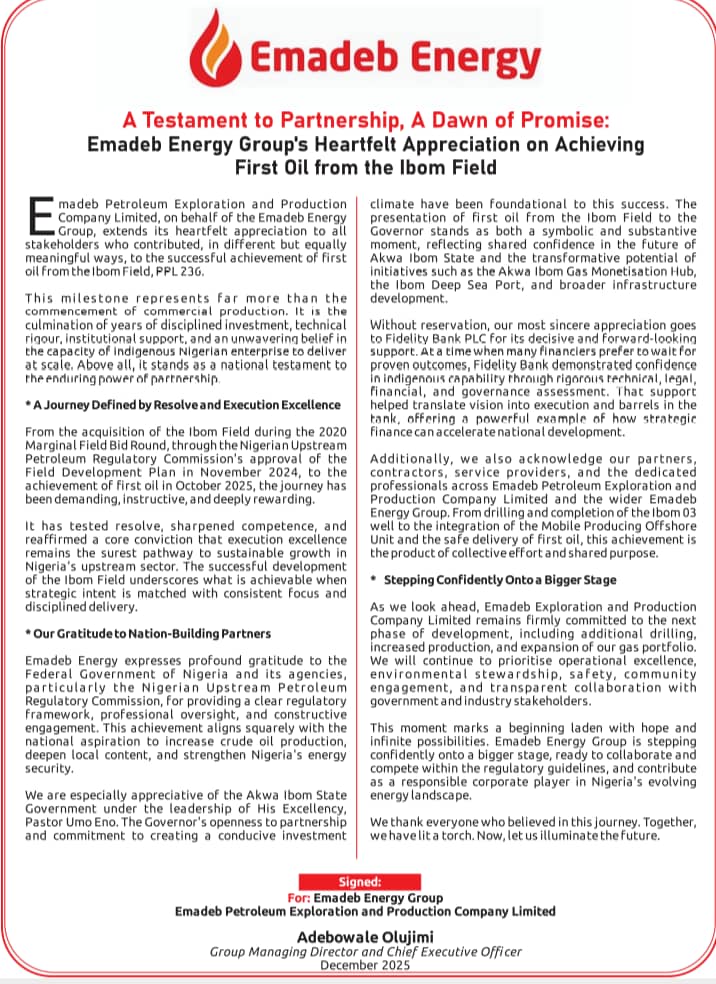The Organization of the Petroleum Exporting Countries (OPEC) has disclosed the factors responsible for the recent fuel price hike in Nigeria.
The Star recalls that the Nigerian National Petroleum Company Limited (NNPCL) recently released the estimated pump prices of Premium Motor Spirit (PMS), fondly called petrol, in its retail stations across the country.
The estimated pump prices of petrol showed that the product is being sold at N950 per litre in NNPCL retail stations in Lagos State and above N1,000 in other parts of the country.
The NNPCL noted that the estimated pump price was obtained from the Dangote refinery.
It made this known after the Dangote refinery refuted claims that the company sold petrol to the NNPCL at N898 per litre.
However, OPEC, in an article published by its Secretary General, Haitham Al Ghais, on Tuesday, September 17, 2024, linked the fuel price hike to taxes imposed on the product by governments.
Al Ghais stated that crude oil and its derivatives form the backbone of global industries, powering everything from transportation to pharmaceuticals.
He said: “Revenues can indeed be generated, but analysis shows that they are earned primarily by major oil-consuming countries via taxation. For example, OECD economies earn far more revenue from the retail sale of petroleum products than OPEC countries make from the original sale of their oil.
“From 2019 to 2023, OECD economies earned on average about $1.915 trillion/year more (based on weighted average prices) from retail sales of petroleum products than OPEC Member Countries made from oil revenues. A significant amount of the final retail prices of petroleum products is attributed to taxation.
Fuel price: Let’s heave sigh of relief, Nigerians tell Tinubu
“In fact, during 2023, the OECD average share of total tax on the final retail price increased year-on-year and amounted to approximately 44%, and for some countries it was even more. Across the year, in several European countries, taxes represented more than 50% of the final retail price.”
Al Ghais added: “For consuming countries’ governments, this revenue is generally pure windfall, which will continue to be received from the sale of petroleum products in their territories. For producing countries, on the other hand, a huge portion of their own take is reinvested into the sector for exploration, production and transportation projects, in order to be able to continuously satisfy the world’s oil needs.
“In other words, producing countries, often with social, economic, infrastructural and other challenges, do not have the liberty to spend all their revenues on these and other needs, as they have to re-invest part of their take in the industry, in order to secure current and future supplies to consumers.
“It is obviously a sovereign right for countries and governments to develop their own taxation systems, but when there is talk of concerns about the effect of high pump prices on the disposable income of populations, it is important to remember how much of this is from taxes flowing to finance ministries around the world.”
The OPEC official, however, called for a shift away from the narrative that pits consumers against producers, stressing that both groups are stakeholders in the energy ecosystem.
- US airstrikes: Dropping bombs won’t end terrorism in Nigeria — Gumi - December 26, 2025
- Troops foil bandit attack, recover arms in Plateau - December 26, 2025
- 2 die in Lagos tanker explosion - December 25, 2025










